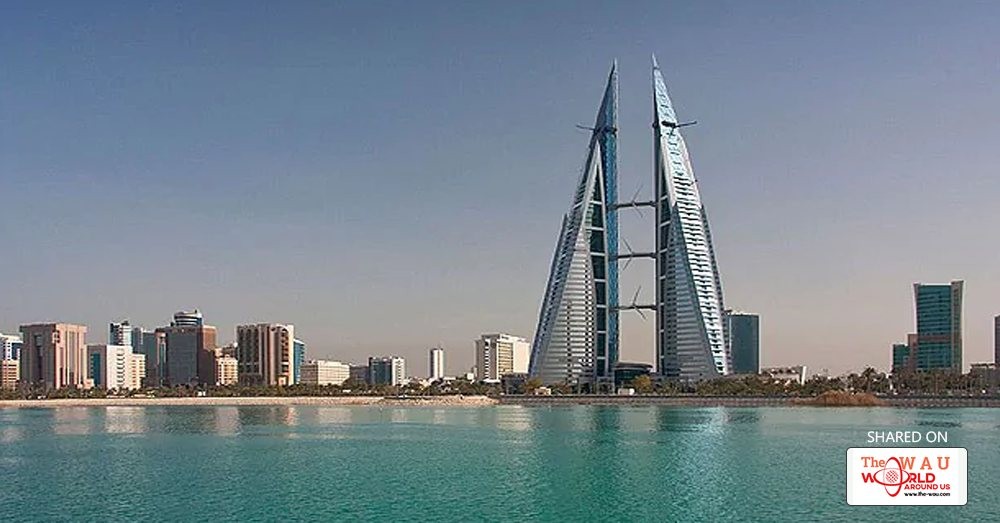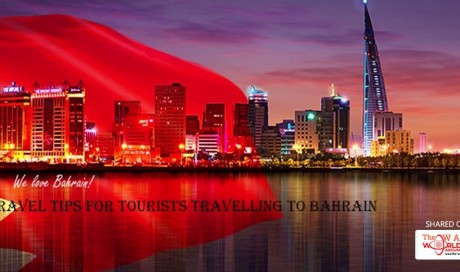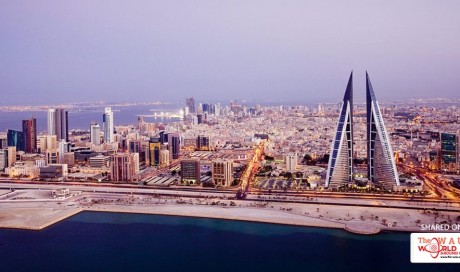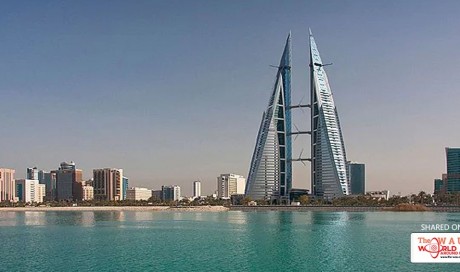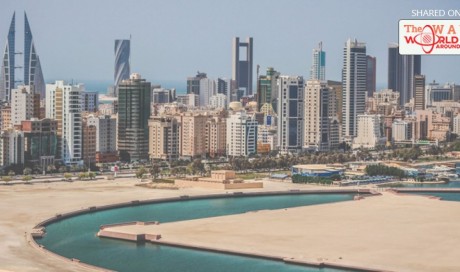In the latest of our country guides, Peter Pallot examines health options in the tense Gulf state of Bahrain.
Widespread civil unrest in the Gulf state over the past month has horrified observers and Western politicians alike. Promises by King Hamad bin Isa al-Khalifa to promote democratic reforms have removed some of the tension, but many British nationals have chosen to follow the advice of the Foreign and Commonwealth Office, and temporarily evacuate.
A cause for concern is the territorial ambition of Iran towards the kingdom. This last emerged 40 years ago when Bahrain dissolved its ties with Britain. Bahrain then faced down the Iranian threat and has since prospered.
Despite recent events however, Bahrain still qualifies as one of the most open and Westernised of the Gulf countries. It has sought to diversify its economy as much as feasible from its central resource: oil.
The discovery of oil in 1932 set the state on a rapid course of modernisation and, for several decades, close ties with Britain. By 2008 it had the fastest growing financial centre, according to the City of London’s Global Financial Index. Islamic banking has benefited from the regional boom.
Although many international companies are located there, the kingdom has not quite acquired the same “hub” status of Dubai and Abu Dhabi. And there are concerns about long-term oil reserves.
Most of the time, Bahrain enjoys a reputation for openness and hospitality towards its expatriate community. Rules on alcohol consumption are relatively relaxed. But a zero-tolerance approach applies to drink-driving and any drink-related incident is dimly viewed.
The 16-mile King Fahad Causeway linking Bahrain with Saudi Arabia is usually heavy with traffic on Thursday night as the weekend starts, carrying Saudis to the island for entertainment. Tourism is a major industry.
Health care to Western standards
Bahrain has a population of roughly a million, some 25 per cent composed of expatriates. It offers medical facilities of which larger countries in the region would be proud. Three private hospitals and four state-run units are able to handle nearly all cases, backed by smaller regional and maternity hospitals.
The best-known hospitals are the International Hospital of Bahrain, the American Mission Hospital and the Bahrain Specialist Hospital.
Standards are high as the government aims to build up Bahrain as a centre of excellence; it also aims to attract medical research companies and pharmaceutical manufacturers. Many doctors are expatriates or have been trained overseas.
Anyone living in or visiting Bahrain - including expats - gets automatic access to the state system. Waiting times are generally non-existent.
...[ Continue to next page ]
Share This Post

